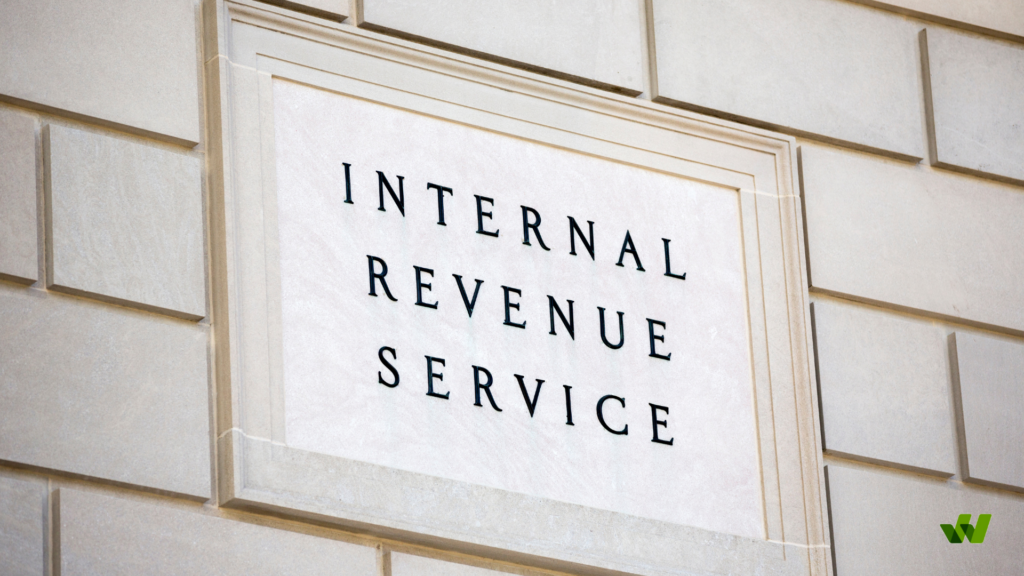
Self-employment taxes are substantial, and most people want to minimize them. Self-employed taxpayers often avoid self-employment taxes by operating as an S corporation.
The distributions from the S corporation are not subject to self-employment tax. But Social Security and Medicare tax must be paid on the shareholders’ employee compensation (which must be reasonable based on the services they provide). S corporations are also subject to various legal restrictions that can be inconvenient.
How about using the partnership form to avoid self-employment tax? This doesn’t work for general partnerships because general partners always have to pay self-employment taxes on their distributive share of the ordinary income earned from the partnership’s business.
But what about limited partnerships? These are partnerships that contain two classes of partners:
1. General partners who are personally liable for partnership debts and manage the business
2. Limited partners whose personal liability for partnership debts is limited to the amount of money or other property they contribute
The tax law provides that limited partners “as such” don’t have to pay self-employment tax on their distributive share of partnership income.
Moreover, in about half the states, limited partnership laws have been revised to permit limited partners to work for the partnership without losing their limited liability.
Does this mean limited partners in many states can work for the partnership and avoid paying self-employment tax on their share of the partnership income? High-earning limited partners—hedge fund managers, for example—could save substantial tax if this were the case.
Unfortunately, in Soroban, a recent precedential decision involving a highly successful hedge fund and well-paid limited partners, the U.S. Tax Court held that the answer to this question is “no.”
The court held that the limited partner exception to self-employment taxes applies only to limited partners who are passive investors, not to those actively involved in the partnership business.
Soroban is the latest in a series of cases involving self-employment taxes for partnership-like entities that the IRS has won. The other cases involved active participants in a state limited liability partnership, a limited liability company taxed as a partnership, and a professional limited liability company. Only passive investors in these entities can avoid self-employment tax.
Encouraged by these victories, the IRS is writing regulations requiring a functional analysis to determine whether a person is a limited partner. The IRS is also likely to conduct more self-employment audits of limited partnerships.
Are you a business owner that could benefit from our tax strategies?
Go ahead and click this link to discuss…calendly.com/woodbury-finance/tax-strategy
Woodbury Finance and Accounting, LLC has achieved positive results for its clients, but the successes of our top clients are not typical. Because past performance is not a predictor of future success, you may have more or less success depending on many factors, including your background, experience, work ethic, client base, and market forces. Additionally, at times we may discuss the law or new and pending legislation. Please know our understanding of it is constantly changing, and you cannot and should not rely upon these communications for legal, financial, or accounting advice. For the latest updates,
© 2024 Woodbury Finance and Accounting, LLC. All Rights Reserved. Protected by copyright laws of the United States and treaties. This email may only be used pursuant to our Terms & Use Agreement and Privacy Policy. Any reproduction, copying, or redistribution, (electronic or otherwise) in whole or in part, is strictly prohibited without the express written permission of 3450 N. Triumph Blvd or by email at [email protected].